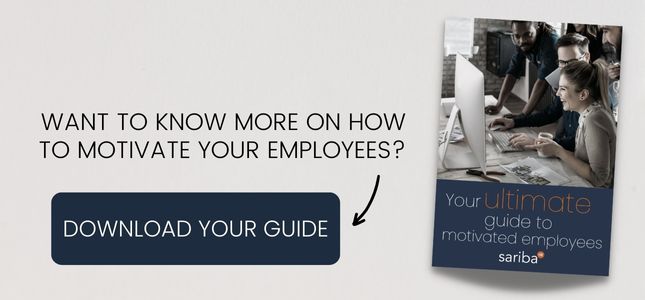Does your company have the skills it needs to achieve its strategic goals - today? And what about in the future? Is it possible that you have a skills gap?
To answer this, you should first be clear about what you mean by the word competence. A quick search on Google shows us that there are several definitions of this term. Competence can be defined as the ability to solve tasks and master challenges in specific situations and includes a person's knowledge, skills, attitudes and how these are used in interaction.
- Knowledge – knowing
- Understanding – understanding
- Skills – to do in a situation:
- Cognitive skills (numeracy, reading, writing, problem solving, analysis, critical thinking)
- Social skills (ability to collaborate, communicate, manage conflicts, create common understanding, create trust)
- Emotional skills (endurance, self-discipline, motivation, openness)
- Attitudes and values
What you mean by competence and competence development is basically up to you. What is important is that your company has the skills needed to solve the tasks required to achieve your company's goals, both today and in the future. The big question is: how do you ensure this? And how do you know if there is a need for skills development in your company? A good place to start is by developing a competence strategy.
Develop a competence strategy for your competence enhancement
Do you already have a competence strategy? Great! If you're not quite there yet, there's no need to despair, but it might be a good idea to familiarize yourself with what a competence strategy is and why it might be useful to have one. The purpose of a competence strategy is to give your company an overview of what skills you need in the future to achieve the goals you have set today.
To achieve this, you must first identify what kind of skills your company will need in the future. Here it is important to consider both what new skills your company will need, and what part of the existing skills you will need more or less of. It's also important to take into account that some of your employees may actually choose to change jobs. This may involve internal job changes, retirement or that they simply choose another employer. Whatever the reason, it's important to make sure you have the key skills you need, even in the future.
Okay. I'm going to create a skills strategy, but where do I start?
A smart place to start is with your company's core business and goals. With this as a backdrop, we would recommend you to find answers to the following questions:
- What future trends and new framework conditions will affect us as a company?
- What are the competence requirements for customers and partners?
- Will these requirements change in the time to come?
- Are there special certificates, passed courses and certifications that are required in our industry?
- What do we want to achieve?
- What expertise will we need to achieve what we want?
With the answers to these questions as a starting point, you can now create an overview of your company's skills needs. We recommend that you involve both professionals and managers in this work, and that you anchor it all in the management team. To make this work easier, it is important to have a good understanding of the technological developments that could affect your company and the future labor market.
Specific competence – need for competence = skills gap
Now that you've developed your skills strategy, you have a clear idea of the skills you need in the future. The next step will be to look inwards to see if this competence need is covered internally. If the answer to this is no, you have uncovered a skills gap, a gap you now need to fill. But don't despair. If you've identified a skills gap, there's no need to panic. If you've identified a gap, this is a great opportunity to address the situation today. You now have a clear picture of what you need more of. Or less of. The fact that you actually know where the shoe pinches gives you a unique opportunity to take action. You have now identified that you have a need for skills development, and you know what skills you need to fill this gap.
Fill the skill gap
How you go about filling this gap is of course up to you, but you should know that there is excellent system support for both competence mapping and learning. At Sariba, we have over 20 years of experience in strategic HR work and HR technology and we have a number of exciting tools in our toolbox. During our 20+ years in the industry, we have used these tools to help many of our satisfied customers put in place both competence strategies and system support, and now we would like to help you! If you want to know more about what we can do for you, please
get in touch.



